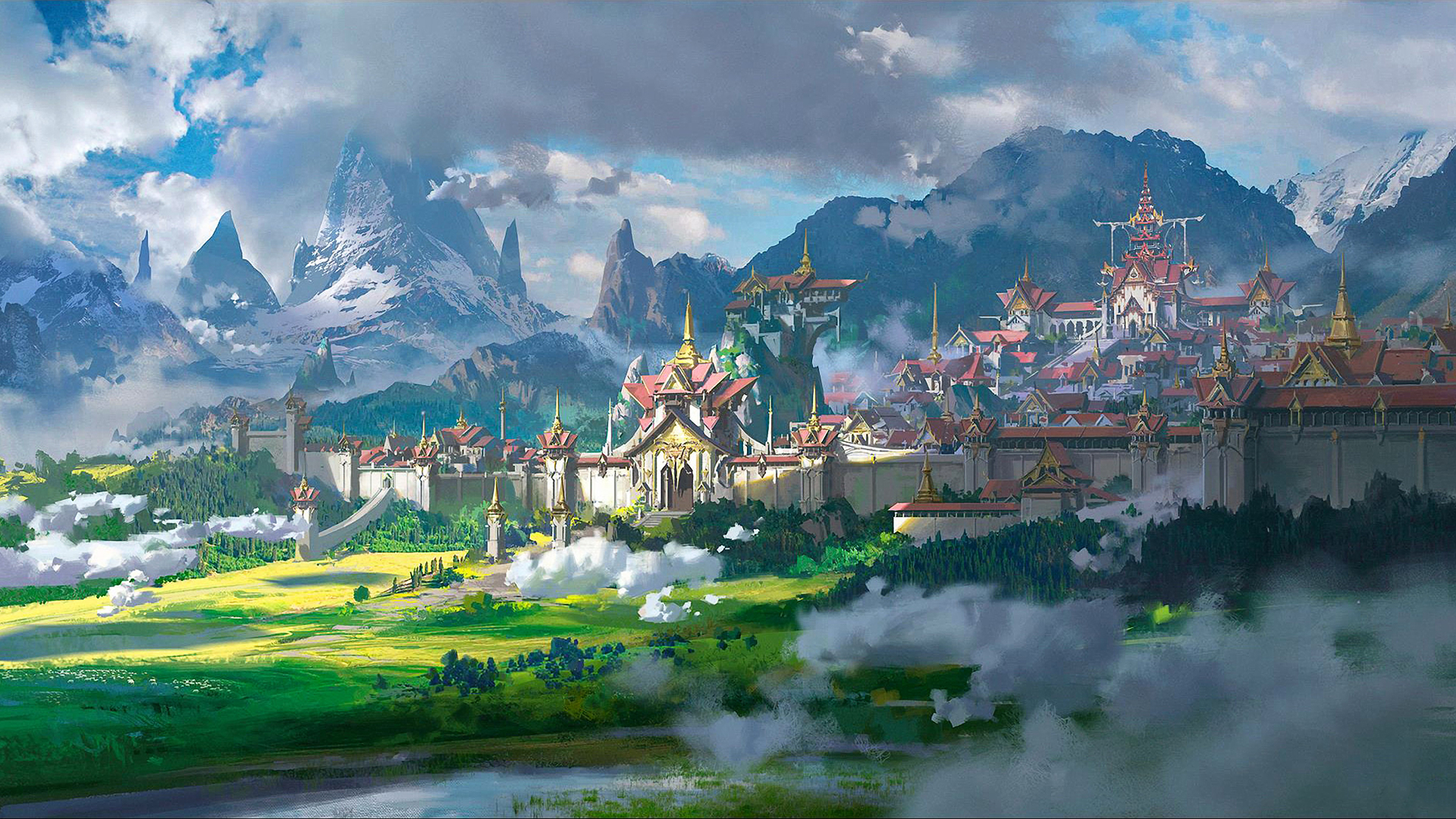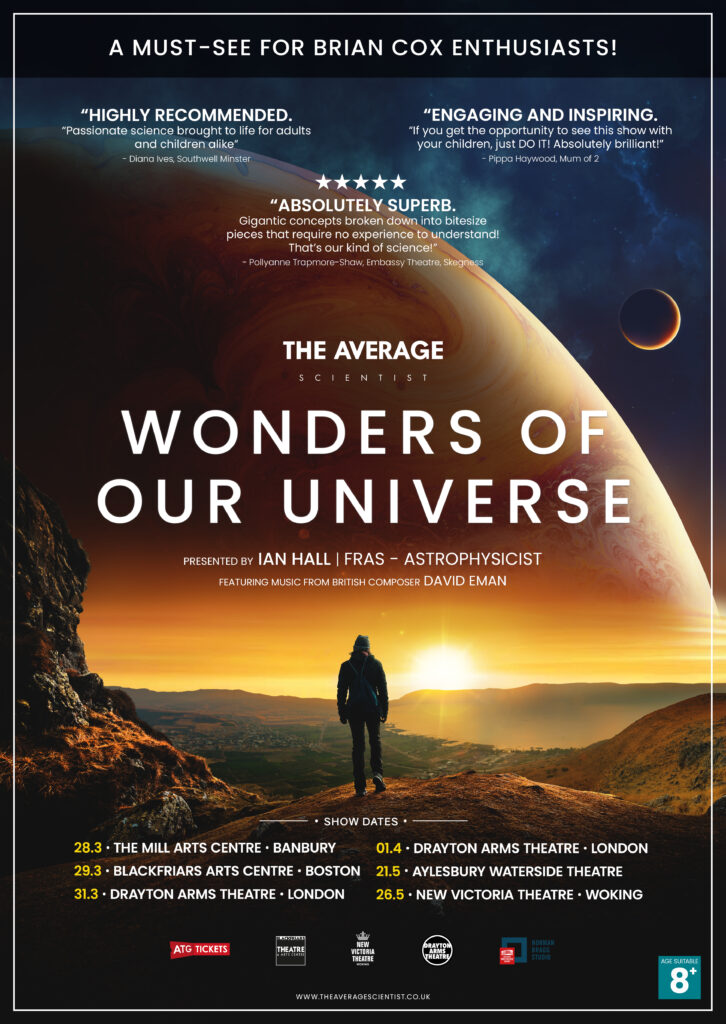Reading Time – 9 Minutes, Difficulty Level 3/5
Admit it. You’ve dreamt of finding hidden treasure, or even a mythical city. The thought of stumbling upon a lost world, hidden beneath the sands of time or the depths of the ocean, is a captivating notion that has fired the imagination of adventurers, explorers, and dreamers for centuries. No doubt, Indiana Jones had something to do with that as well.
These mythical cities, born of legend and lore, have been the subjects of countless tales and epic adventures. Their very existence, though shrouded in mystery, has a magnetic pull that beckons us into the realms of the unknown.
From Atlantis to El Dorado, these stories have woven themselves into the very fabric of human history. But what is it about these mythical cities that continues to enthral us, sparking a quest for the undiscovered?
Perfect for a Sunday afternoon with a cup of tea in hand, this piece will look into some of the storytelling and the science of these cities. Discover the allure of mythical cities, how they’ve shaped our culture, and how they’ve evolved from the stuff of legend into the realm of scientific investigation.
Many young minds found their way to the sciences because of stories and history, and wanted to learn more. Read on about the world of anthropology, archaeology, and the relentless drive of those who to seek the truth hidden within the myths.
The Enigma of Mythical Cities
Mythical cities hold a unique place in human history. They have been the stuff of legends, tales, and epic adventures for as long as stories have been told. These cities, often lost to time, have a profound impact on our fascination with the unknown. Whether it’s the sunken city of Atlantis or the golden realm of El Dorado, these stories have endured through generations.
What is it about mythical cities that continues to captivate our minds?
The answer lies in their inherent enigma. These cities, unlike real-world counterparts, are shrouded in an air of mystique and magic. They exist primarily in the realm of myth and legend, often just beyond the grasp of reality, and yet, they are real enough in our collective consciousness to inspire generations of explorers, writers, and dreamers.
The Role of Myths, Legends, and Ancient Texts
Throughout history, myths, legends, and ancient texts have played a pivotal role in shaping our fascination with these legendary cities. These tales are more than just entertaining narratives; they serve as vessels for passing down cultural knowledge, moral values, and symbols from one generation to the next. As a result, the stories surrounding mythical cities are richly layered with meanings and interpretations that add depth and complexity to the allure.
Two of the most famous examples of mythical cities are Atlantis and El Dorado, each with its unique characteristics and cultural significance.
- Atlantis is perhaps one of the most enduring and enigmatic mythical cities. Famously described by Plato in his dialogues “Timaeus” and “Critias,” is often seen as a cautionary tale. It is said to symbolize the consequences of human arrogance and the impermanence of even the most advanced civilizations. Plato’s account describes it as a utopian civilization that ultimately succumbed to its own hubris and was swallowed by the sea. Over the centuries, countless explorers have sought to locate the island of Atlantis, but its true whereabouts remain a mystery. The story of Atlantis has been interpreted in various ways, serving as a symbol of lost greatness and an enduring mystery that fuels the human imagination.
- El Dorado, often referred to as the “City of Gold,” is another legendary city that has intrigued generations. The quest for El Dorado was driven by the allure of boundless wealth, with tales of a ruler who covered himself in gold dust and dove into a sacred lake. The myth of El Dorado has transcended its original context and is believed to embody the never-ending human quest for riches, power, and the relentless pursuit of the extraordinary. The city, whether it ever existed or not, has captured the essence of human ambition and greed.
The Archaeological Pursuit
The quest to uncover mythical cities is not confined to the realms of storytelling and imagination. Archaeologists and anthropologists have taken up the mantle of discovering these lost civilizations. Their scientific pursuit is characterized by meticulous research, rigorous methodology, and cutting-edge technology.
Uncovering Mythical Cities: A Scientific Challenge
The quest to uncover mythical cities is a testament to the human spirit of exploration and insatiable curiosity. Archaeologists and anthropologists have taken on this challenge, embracing the mantle of scientific rigor in the pursuit of these legendary civilizations.
Scientific Methods and Technologies
Archaeologists and anthropologists employ an array of scientific methods and technologies to transform these myths into tangible realities. These methods are founded on the principles of meticulous research, careful excavation, and rigorous analysis. Among the key techniques used in these archaeological quests are:
1 – Remote Sensing Technologies
Credit: Adobe Stock
The use of technologies such as LiDAR (Light Detection and Ranging) and ground-penetrating radar allows archaeologists to scan and map vast areas from above the ground. This can reveal hidden structures, roads, and features that may indicate the presence of ancient cities beneath the surface.
2 – Underwater Archaeology
For cities like Atlantis, said to be submerged beneath the sea, underwater archaeology is crucial. Submersibles, remotely operated vehicles (ROVs), and advanced sonar systems help explore and document submerged archaeological sites.
3 – Excavation and Stratigraphy
Traditional excavation techniques combined with stratigraphic analysis help unearth the layers of history that may be buried beneath the ground, providing invaluable clues to the existence and characteristics of mythical cities.
4 – Radiocarbon Dating
To determine the age of artifacts and structures, radiocarbon dating is a pivotal technique. It aids in establishing the chronology of ancient civilizations, shedding light on the temporal aspects of these cities.
5 – Interdisciplinary Research
Archaeological expeditions often involve experts from various disciplines, including geologists, historians, and cultural anthropologists. This interdisciplinary approach enhances the accuracy and comprehensiveness of the research.
The Atlantis Mystery
Perhaps the most famous of all mythical cities, Atlantis has captured the world’s imagination for centuries.
Its origins date back to the works of the ancient Greek philosopher Plato, who mentioned Atlantis in his dialogues “Timaeus” and “Critias.” According to Plato, Atlantis was a powerful and advanced civilization that eventually vanished beneath the waves of the ocean, succumbing to its own hubris.
But why does this legend persist, and what makes it so significant in the annals of history?
It is a story of a once-mighty empire, an allegory for the perils of unchecked ambition, and a symbol of the transience of human greatness. It serves as a cautionary tale, reminding us of the fragility of even the most advanced societies. Atlantis embodies the universal human fear of losing what we hold most dear, whether it be power, knowledge, or our very existence.
Theories and Hypotheses in The Quest for Atlantis
Throughout the centuries, the search for Atlantis has taken explorers, historians, and archaeologists across the globe. Numerous theories and hypotheses have emerged, each backed by a degree of scientific evidence and reasoning. Some of the most prominent include:
- Minoan Hypothesis: One theory suggests that Atlantis was inspired by the volcanic eruption on the Greek island of Santorini (Thera) around 1600 BC. The eruption devastated the Minoan civilization, which was highly advanced for its time. Some scholars believe this cataclysmic event may have influenced Plato’s account of Atlantis.
- Santorini as Atlantis: Building on the Minoan hypothesis, some researchers propose that the island of Santorini itself could be the basis for Atlantis, with its advanced society, volcanic destruction, and proximity to ancient Greece aligning with Plato’s descriptions.
- The Azores Hypothesis: Another theory places Atlantis in the Azores, a remote archipelago in the North Atlantic Ocean. Proponents of this theory argue that the Azores’ underwater landscape could contain remnants of the lost city.
- Caribbean Atlantis: This hypothesis suggests that Atlantis might have been located in the Caribbean, with some speculating that the submerged remains of an ancient civilization could be found near Cuba.
- Eruption of Thera: Some scholars propose that the eruption of the Thera volcano caused a tsunami that impacted the ancient Egyptian civilization, influencing Plato’s accounts.
Geological and Archaeological Investigations
To investigate the Atlantis story, experts have used geological and archaeological evidence. They have conducted extensive research into the potential sites mentioned in the various theories, utilizing modern technology and methodology. These investigations have included underwater explorations, geological surveys, and excavations.
The use of LiDAR scanning and sonar systems, has allowed researchers to survey vast areas and locate potential underwater structures. Underwater archaeology has played a pivotal role, especially in the search for submerged civilizations like Atlantis. Researchers have also examined ancient texts, such as Plato’s dialogues, for clues about the civilization’s characteristics and whereabouts.
While the true location of Atlantis remains a subject of ongoing debate, these scientific efforts underscore the determination of experts to transform myth into reality.
El Dorado and Other Legendary Cities
Now off to the heart of the Amazonian jungle in search of El Dorado.
El Dorado, often referred to as the “City of Gold,” is a legendary tale that has excited explorers and treasure hunters for centuries. According to the myth, an indigenous chief of the Muisca people in present-day Colombia would cover himself in gold dust before embarking on a ceremonial raft, symbolizing the city’s wealth. The legend may indeed be a myth and doesn’t exist, but El Dorado is a captivating narrative, one that represents the unending human quest for wealth, power, and the allure of the extraordinary.
It is the convergence of science and exploration into the unknown that has truly defined the modern search for El Dorado and other legendary cities.
Mythical Cities from Around the World
While El Dorado may be one of the most famous mythical cities, it is by no means the only one. Cultures from various regions have woven tales of legendary cities, each carrying its unique cultural significance:
Shangri-La: From Tibetan Buddhism comes the mystical city of Shangri-La, said to be a hidden utopia nestled in the Himalayas. This city symbolizes spiritual enlightenment and tranquility.
The Seven Cities of Gold: In the American Southwest, the legend of the Seven Cities of Gold attracted Spanish conquistadors and later, American settlers, in their quest for riches. The allure of these cities has left a lasting imprint on the region’s history.
Ys: In Breton mythology, Ys was a beautiful city beneath the sea, a symbol of hubris and the consequences of defying the natural order.
Scientific Insights into Legendary Cities
Modern explorations of these legendary cities go beyond the allure of treasure hunting. They represent a convergence of science and adventure, as experts use advanced technologies and methodologies to uncover the truths behind the myths. Notable expeditions have illuminated our understanding of these enigmatic places:
- Ciudad Perdida, the “Lost City” of the Tayrona people in Colombia, was rediscovered in 1972, showcasing the power of archaeological exploration. This city, concealed deep within the jungle, offered invaluable insights into pre-Columbian history and culture.
- While not entirely mythical, the Incan city of Machu Picchu remained hidden from the outside world until its rediscovery in 1911 by Hiram Bingham. The use of scientific methods, including geographical surveys, has deepened our appreciation for this ancient wonder.
- The quest for Shangri-La has inspired not only geographic exploration but also spiritual and philosophical inquiries. It serves as a reminder that some legendary cities represent inner journeys as much as physical ones.
These expeditions and their scientific methodologies underscore the multifaceted nature of the search for legendary cities. They blend adventure with a deep appreciation for history, culture, and the natural world.
The Quest Continues…..
While we’ve made incredible strides in understanding these mythical cities, the quest is far from over. Ongoing efforts to find these cities continue with the use of modern technology and scientific methodologies. With the aid of cutting-edge tools, researchers, archaeologists and explorers, the quest continues to turn myth into historical reality.
Some of the ongoing searches and expeditions related to mythical cities being conducted today are:
Iram of the Pillars (Atlantis of the Sands)
Iram, often referred to as the “Atlantis of the Sands,” is a lost city mentioned in Arabian folklore. Some expeditions have focused on exploring the deserts of the Arabian Peninsula, particularly in Oman and Yemen, in the hopes of discovering the remains of Iram.
Legends of a hidden city in South America known as “The City of the Caesars” have intrigued explorers for centuries. Expeditions and studies have attempted to uncover the truth behind this myth.
Although not a city, the legend of the Lost Dutchman’s Gold Mine in the Superstition Mountains of Arizona continues to attract treasure hunters and researchers who use modern technology for prospecting and exploration.
…..As Do The Challenges
The quest to uncover mythical cities is fraught with scientific challenges, including the vastness of the unexplored terrain, the limitations of technology, and the need for interdisciplinary collaboration. And of course, deciphering the boundary between myth and reality remains a constant challenge.
But these challenges only fuel the excitement of those engaged in these quests. The allure of discovering the unknown, of solving age-old mysteries, and of unraveling the secrets held by these cities continues to inspire explorers and scientists alike.
“The quest” is a reminder of the limitless potential of human knowledge, the thrill of exploration, and the enduring magic of the stories that have captivated our imaginations for generations. As modern science continues to shine a light on these legendary places, the journey to turn myth into history marches steadfastly forward.

Although not a typical scientist, I adore languages, technology, space, literature, and history. BA Honors Degree in Anthropology and English. Daughter of a physicist/engineer and descendant of an esteemed astronomer ancestor (heliocentric model of the solar system, anyone?). I aim to make my own mark by promoting lifelong learning in all fields. A total dork for Star Trek, Star Wars, Indiana Jones, Outlander, Quantum Leap and anything Futuristic/Sci-Fi or Dystopian.








